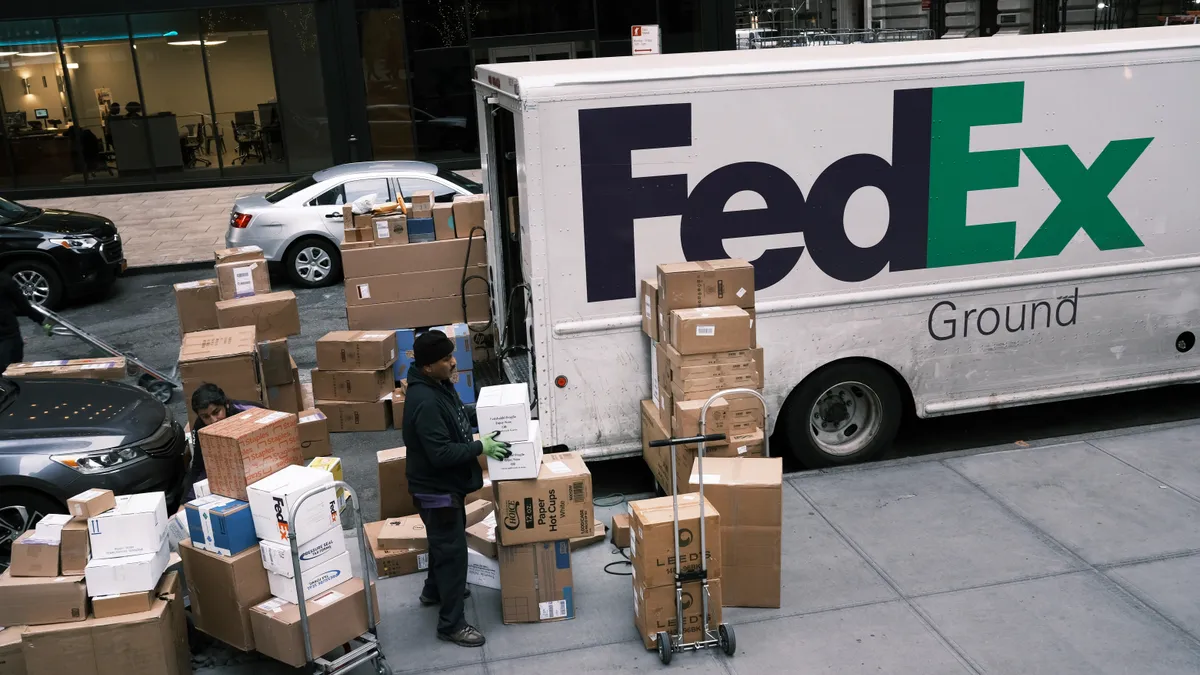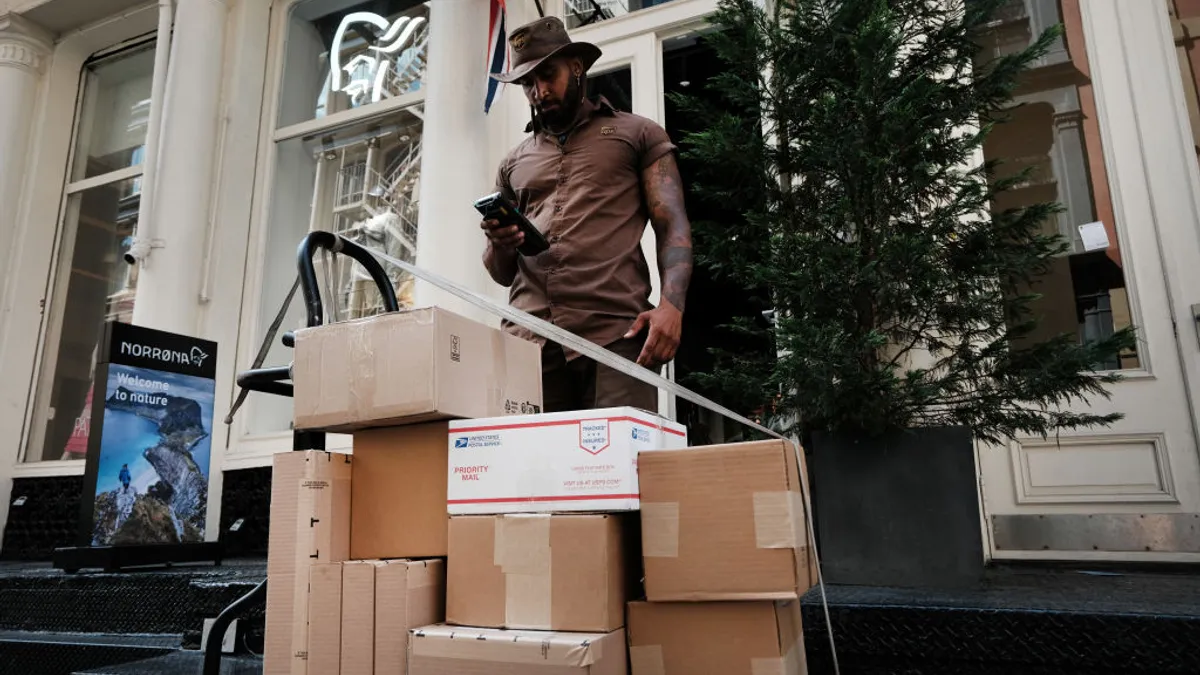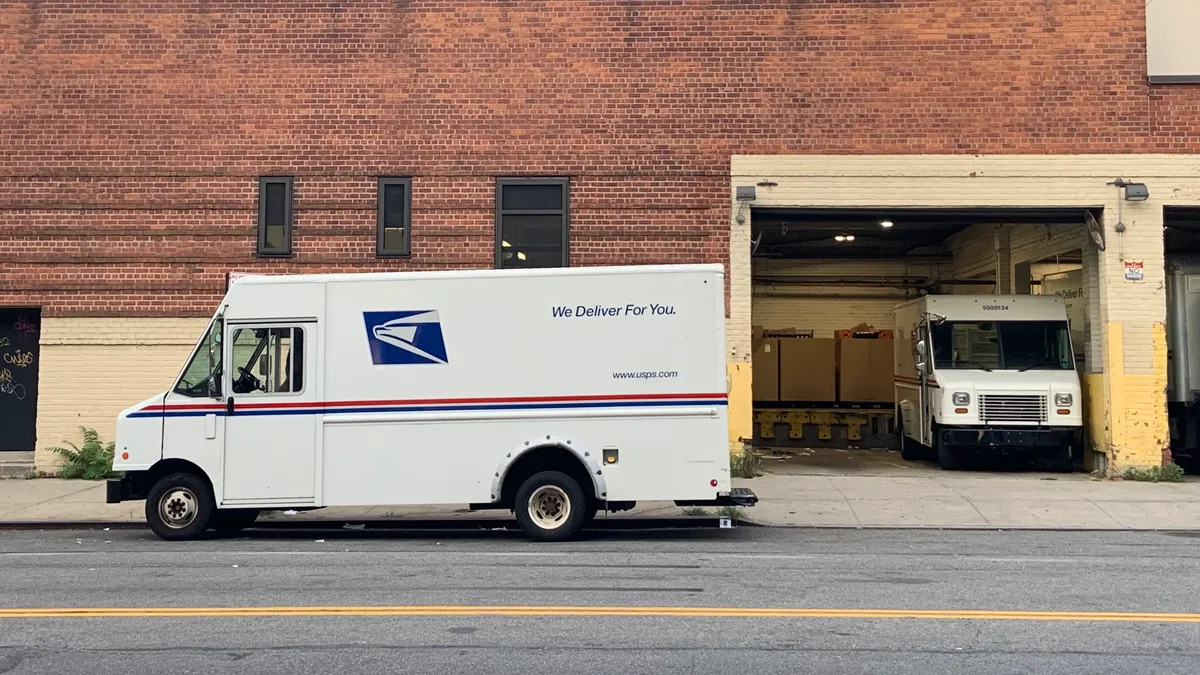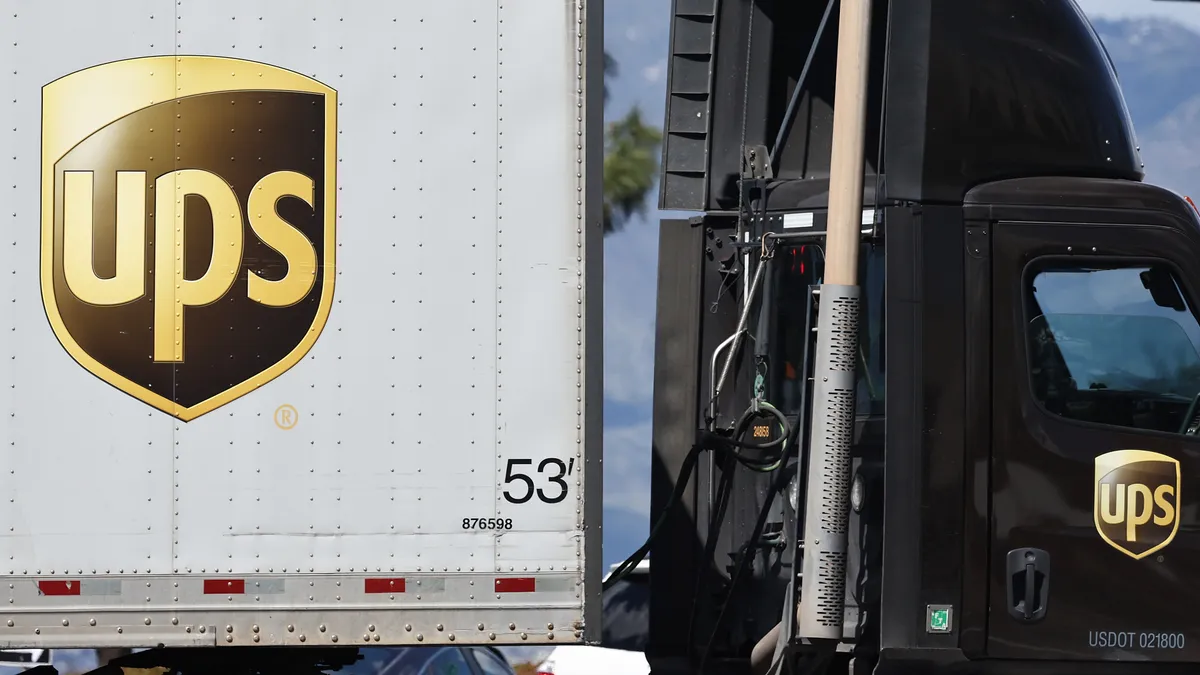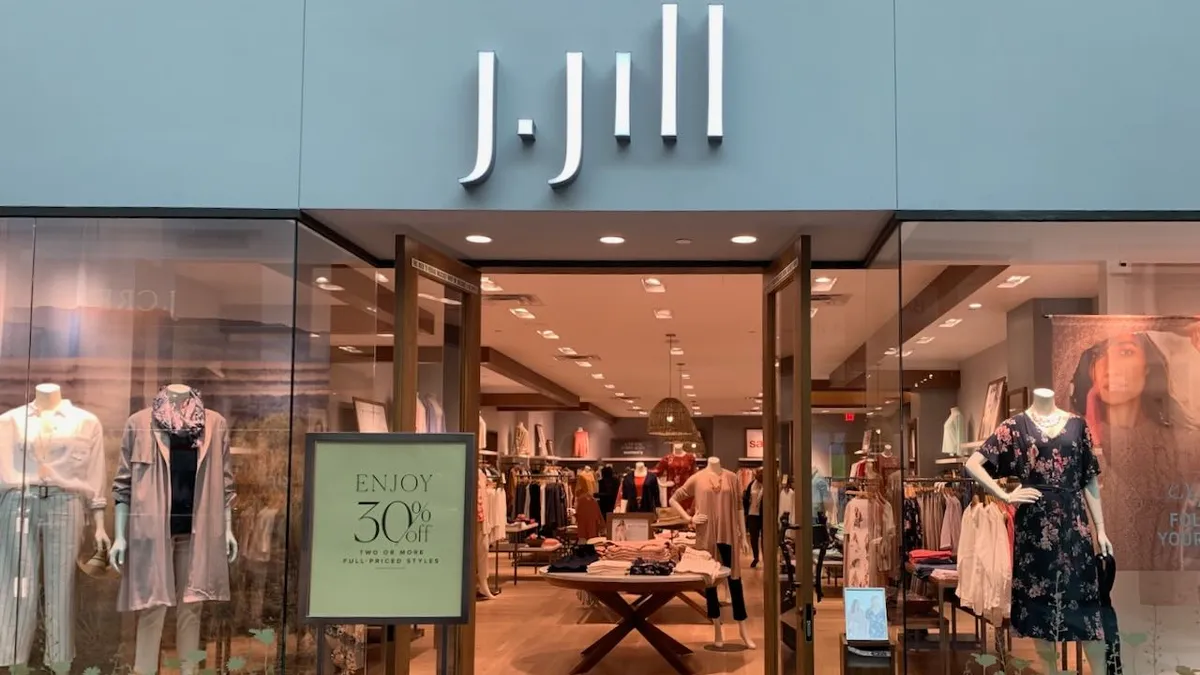Highlights
Annual revenue:
$66 billion (2017)
Headquarters:
Atlanta
Outlook:
A continued uptick in e-commerce volumes drives UPS to invest in emerging technologies and adopt a startup mentality.
Think you can’t teach an old dog new tricks? That hasn’t been the case for UPS in recent years.
In a climate of skyrocketing parcel and package volumes, the 111-year-old company knew it couldn’t use business practices that harkened back to its "What can Brown do for you?" days.
So UPS changed its mindset as a company — and started thinking like a startup.
"We're really, truly behaving differently and harnessing the power of our 111-year history while trying to embrace the entrepreneurial spirit that lives inside of this company," Derek Banta, director of concepts for global innovation at UPS, told Supply Chain Dive in an interview.
Through various innovative products and partnerships that embrace its new-found spirit, UPS has demonstrated a clear vision to solve pressing challenges facing the supply chain — achieving enhanced efficiency in the business-to-business world and earning it the award of Supply Chain Dive’s Company of the Year for 2018.
Getting products to market with 'yes' and 'now'
To move innovation forward quickly, Banta said an active push had to come from the top down and the bottom up.
"Our leadership team has recognized that we need to move forward fast," Banta said. "How do we say 'yes' and 'now' instead of getting mired in bureaucracy?"
In August, the company launched Ware2Go, an on-demand platform for warehousing that matches shippers with available space close to their consumers. The platform went from concept to launch in about five months, Banta said.
UPS was able to launch Ware2Go on an accelerated timeline by partnering with external organizations and using available technology to "build a stack that plugs in easily" for retailers that need space and warehouses with space to offer, he said.
Although the on-demand trend is still in its early phases, it could eventually make up a significant portion of the warehousing market, especially as available industrial real estate space continues to decline and warehouses are built up (literally) in urban areas close to consumers.
While Ware2Go isn’t the first product of its kind to hit the market, it’s among the first few platforms making a splash in on-demand warehousing, putting UPS in the mix with startups.
Tackling challenges with technology
Peak season has grown longer, with shopping blitzes surrounding Thanksgiving and gift cards extending consumer purchases beyond the Christmas season into the first few weeks of January, bringing on new challenges for UPS, Banta said.
Not only do e-commerce purchases create more volume going through UPS’ network, but e-commerce returns have created another huge spike in volumes.
UPS is investing in automation to make sortation at facilities faster and more efficient. Through 2022, the company plans to open seven "super hub" facilities, which can sort packages 30% more efficiently than standard facilities.
"How do we say 'yes' and 'now' instead of getting mired in bureaucracy?"

Derek Banta
Director of Concepts for Global Innovation, UPS
UPS has also been innovating and partnering to tackle the last mile — or in some cases, the last few feet.
A key obstacle the logistics provider has faced is not being able to drop off packages to urban buildings without doormen when residents are not home.
When UPS drivers make their rounds, they "know the guy at 4B is always home, so they push 4B, and they get in and make their delivery," Banta said as an example. But the whole ordeal takes time and creates a less-than-optimal experience for the customer.
While the parcels ultimately get delivered, the process is not the most efficient for drivers either. So in July, UPS launched a pilot with Latch, a smart lock system, which allows drivers access inside apartment complexes to drop off packages.
The project was first tested in parts of New York City, and UPS expanded it to San Francisco in October. As of mid-October, the company was using Latch to make deliveries in 150 residential buildings.
A road ahead paved with emerging tech
Going forward, UPS will continue to expand Latch into more markets. And technology investments won’t stop there.
Banta said UPS sees a future where the Internet of Things (IoT) plays a key role in personalization for parcel deliveries, both in business and consumer use cases. It’s also a member of the Blockchain in Transport Alliance, seeking solutions that increase transaction efficiency and trust.
"The world is moving at a very fast pace around us, and if we don’t act quickly, we can miss entire markets," Banta said.
Read More
-
UPS launches on-demand warehouse and fulfillment platform
By Emma Cosgrove • Aug. 30, 2018 -
UPS zeros in on 'super hubs,' high-margin shipments to grow business
By Emma Cosgrove • Sept. 14, 2018 -
UPS launches pilot to deliver packages in apartment buildings
By Shefali Kapadia • July 17, 2018









